of S&P 500 companies and 81% of Russell 1000 companies published ESG reports
source: Governance & Accountability Institute’s 2022 Sustainability Reporting in Focus

Launched in 2017, the Business and Social Innovation Intensity Track provides MBA students with the resources, networks, skills, knowledge, and real-world experience in creating social innovation. It’s a focus and foundation that allows our graduates to be relevant, responsive, and proactive to the changing role of business in society. These changemakers learn to deftly use Entrepreneurial Thought & Action® to create positive impact in any sector and any role.
“Businesses can no longer only focus solely on business issues,” says Cheryl Kiser, executive director of the Institute for Social Innovation. “It’s impossible to ignore the social and environmental contexts in which business operates and impacts. People are challenging leaders to reimagine the purpose of business, approaches to CSR and ESG, and economic models in the social sector. Now more than ever, we need entrepreneurial leaders who can create economic, environmental, and social value simultaneously.”
of S&P 500 companies and 81% of Russell 1000 companies published ESG reports
source: Governance & Accountability Institute’s 2022 Sustainability Reporting in Focus
of CxOs said climate change will have a high / very high impact on their organization’s strategy and operations over the next three years
source: Deloitte’s 2023 CxO Sustainability Report
of Gen Zs and 46% of millennials say they and their colleagues are pressuring businesses to take action on climate change
source: Deloitte’s 2023 Gen Z and Millennial Survey
Each cohort of purpose-driven, impact-first leaders comes from a variety of backgrounds. Some are entrepreneurs or corporate leaders who want to understand how to scale solutions that advance the UN Global Goals. Others are social sector leaders, public sector leaders, educators, and engineers looking to learn new business models for creating sustainable impact.
Some students are passionate about the circular economy or regenerative agriculture. Some are relentless about creating equitable access to quality education or jobs. Others are impatient to innovate new ways of setting CSR and ESG strategies, disrupting philanthropy, or creating transformative multisector partnerships.
What they all share is the desire to hone the mindset, skills, and competencies needed to effectively create economic, social, and environmental value simultaneously.
And if we may brag: Since launching this intensity track, five of our graduates were Poets & Quants Best & Brightest winners: John Kluge MBA’17, Ross Chesnick MBA’17, Ravish Majithia MBA’18, Asini Wijewardane MBA’19, and Martha Buckley MBA’23.
I wanted to get an MBA because I was at a crossroads in my career. I really wanted to unpack and get really intentional about how I could make a meaningful impact on our most pressing social challenges. I wanted to understand how I could learn to use Entrepreneurial Thought & Action to transform organizational behavior and mindsets through social innovation because I believe there is no greater asset than the private sector to solve some of our most pressing issues.
Here are some of the career paths that our Intensity Track graduates have embarked upon:
One of the reasons I came to Babson was the emphasis on entrepreneurship and social impact—that business isn’t just about accumulating wealth and profit. It’s about how you give back and help the world... There are so many different ways to incorporate social impact and sustainability into your business, and it actually ends up benefiting you and helping you be more profitable and more impactful.
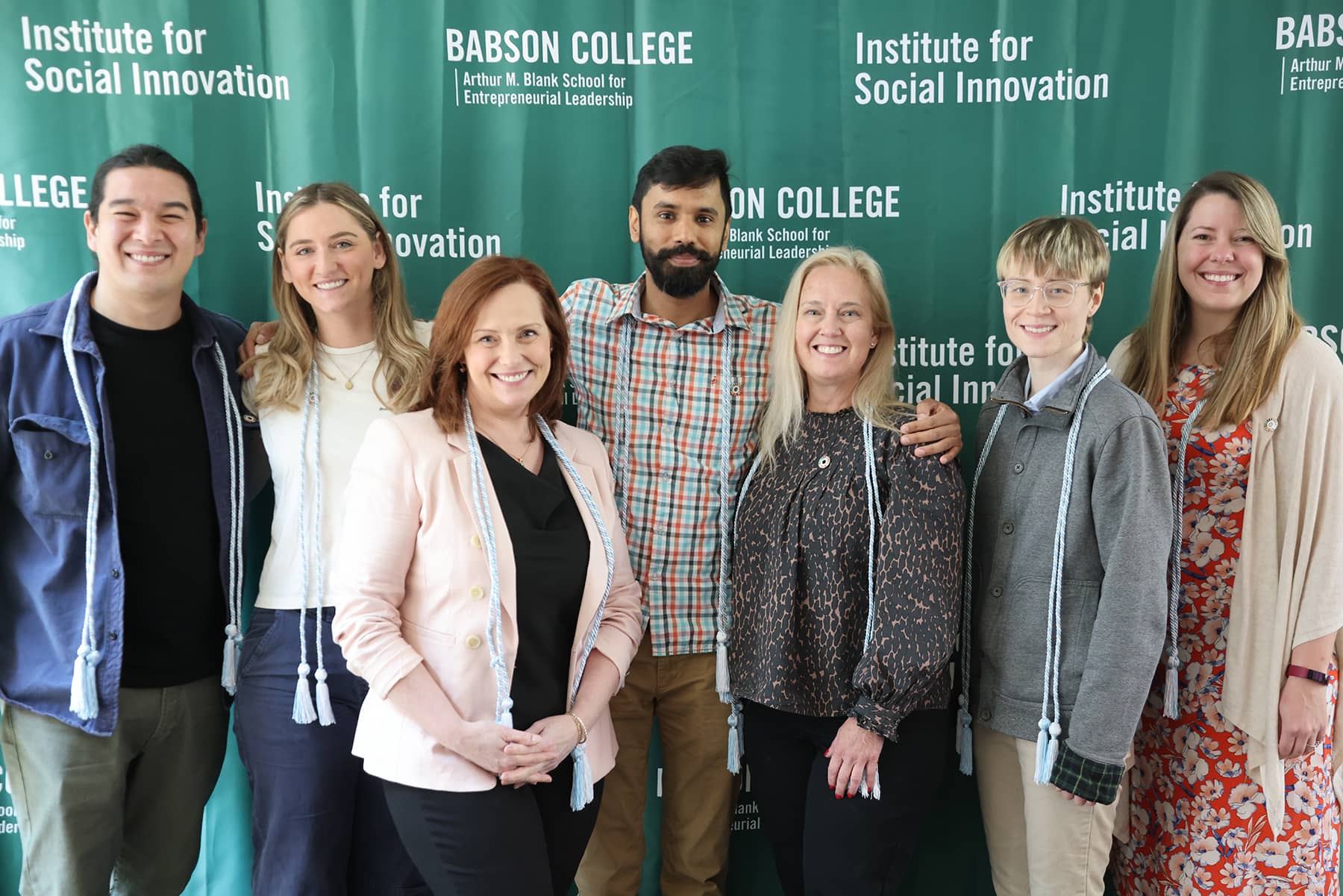
MBAs who complete the intensity track will receive a special blue-and-white cord to wear at Commencement. The blue represents the “blue sky” of ideation and possibility. White, the presence of all color wavelengths, represents the presence and connectivity of all people within the social fabric.
Read stories about our intensity track graduates who are using the power of business and entrepreneurship to positively create economic, environmental, and social value everywhere.
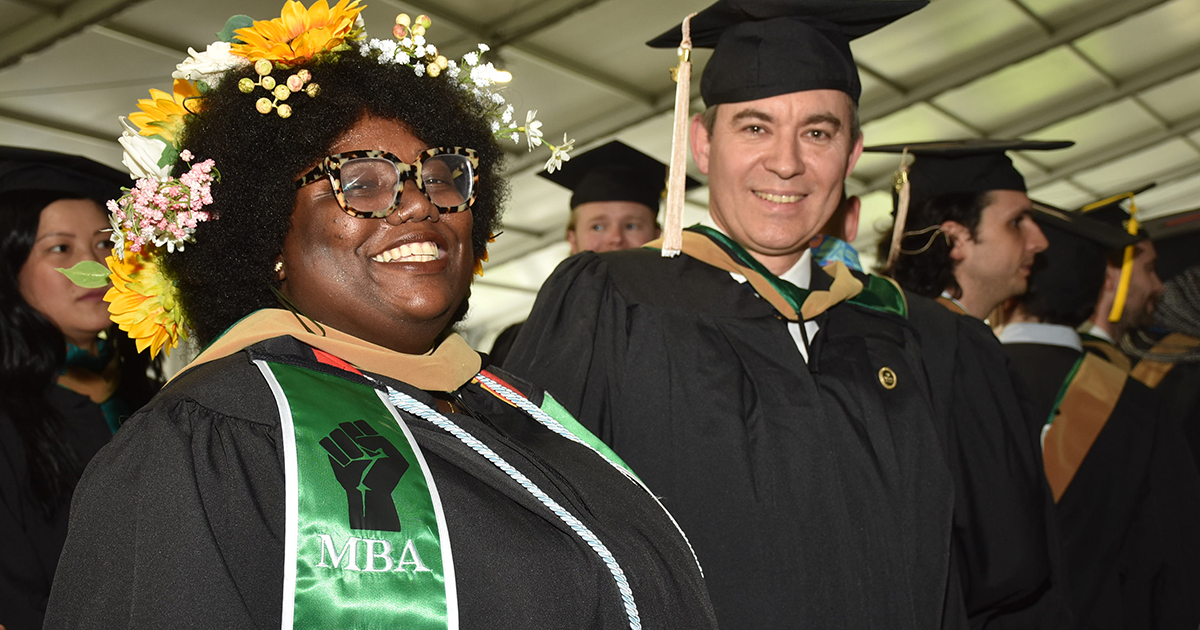
“My background is in education, nonprofit, and activism.... One of the biggest lessons I’ve learned at Babson is I have more power within myself than I thought I did, and that there are skills that I have that just have different names.” - JerDrema (Dreme) Flynt M.Ed., MBA’22
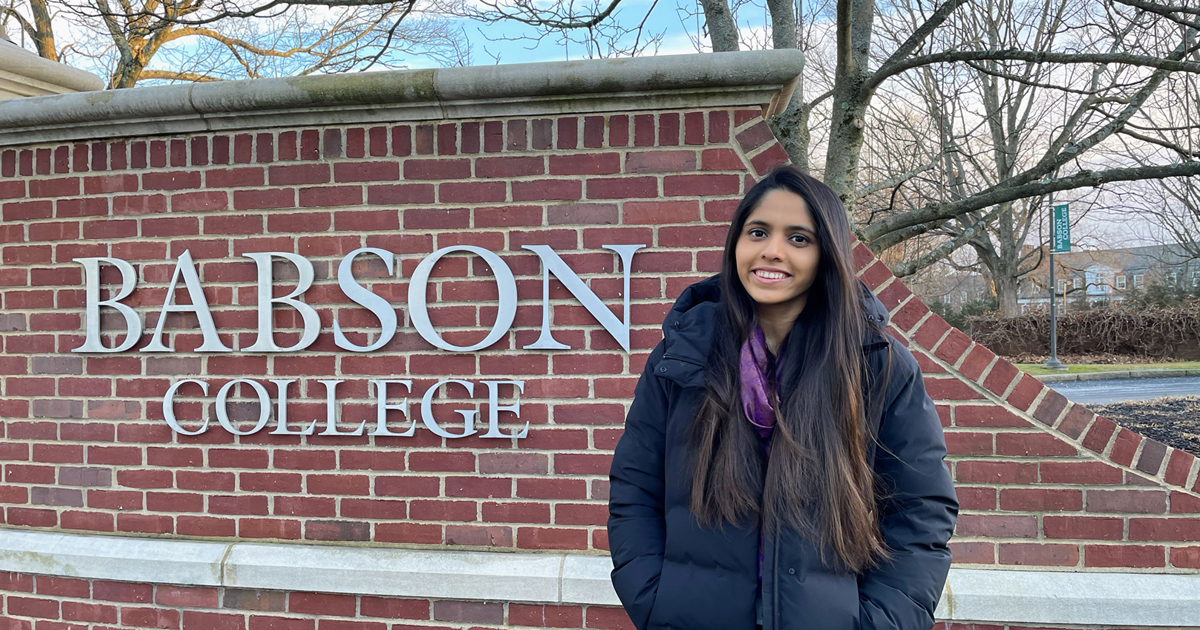
“People always ask me, ‘Why a business degree rather than a master’s of education?’ But, I knew that if you don’t have a sustainable business model, the impact you create in education can disappear in a few months.” - Preshika Jain MBA’21
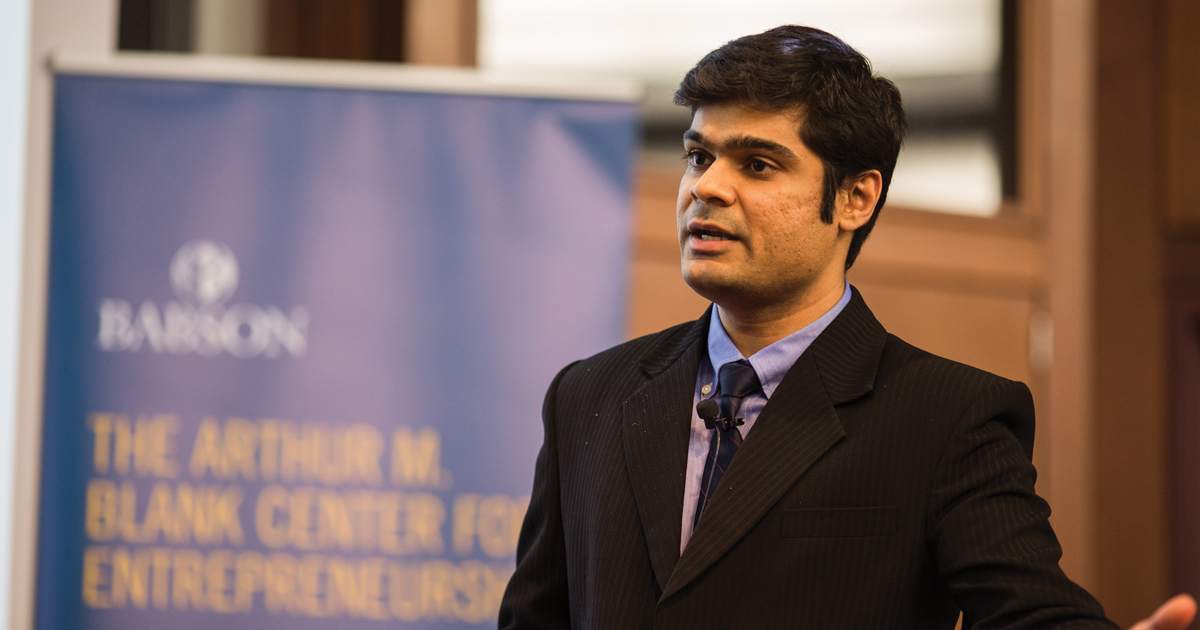
“We don’t want to keep making new plastic. Why can’t we design packaging to be more sortable? To have bottle-to-bottle recycling, getting rid of labels is essential.” - Ravish Majithia MBA'18

“I really wanted to push forward social impact, and having that on top of a more sustainable financial structure. I don’t think the nonprofit model is wrong, but using business as a vehicle to forward change—that resonated with me.” - Evadne Cokeh MBA'17
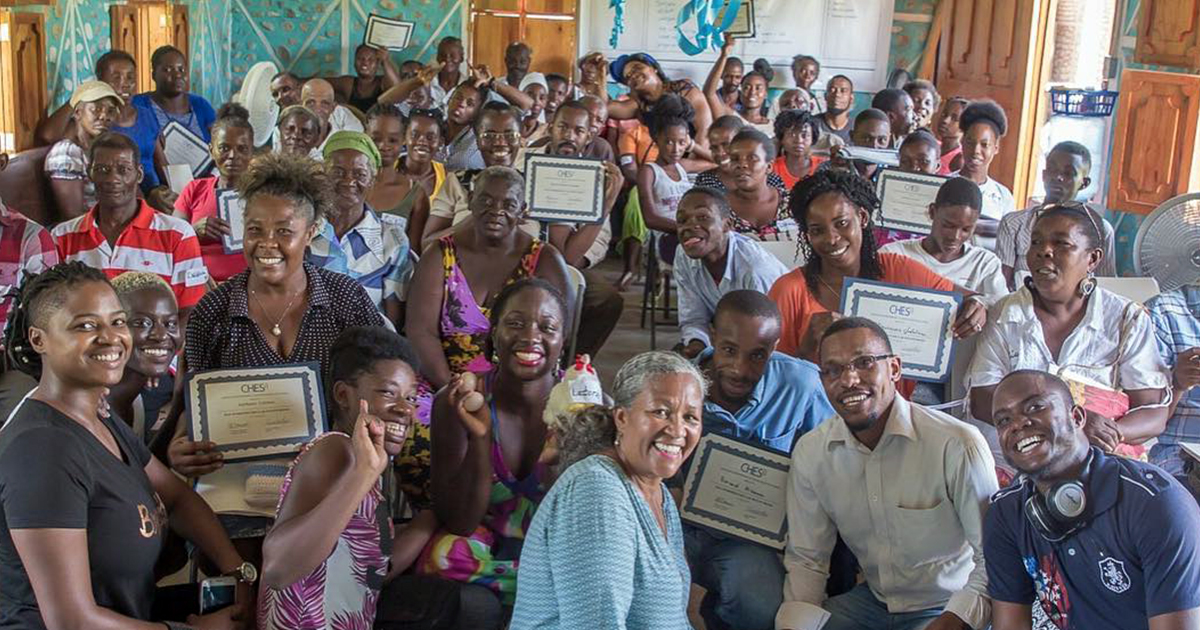
“Supporting agriculture and economic stability is a way to build wealth in Haiti. Haitians are invested because it’s their home, and they want to lead dignified lives.” - Rebecca Obounou MBA'17
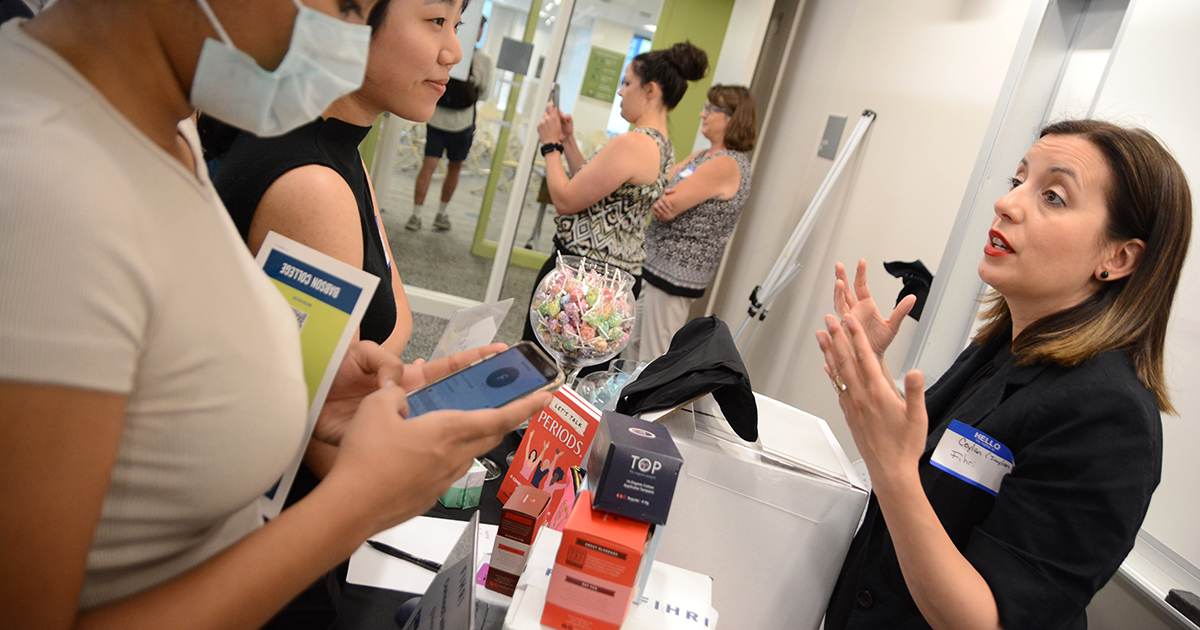
“We’re really passionate about health and wellness and making sure that students have access to these [menstruation] products, which means they’ll have equal access to education. I want students to thrive.” - Ceylan Rowe MBA'22
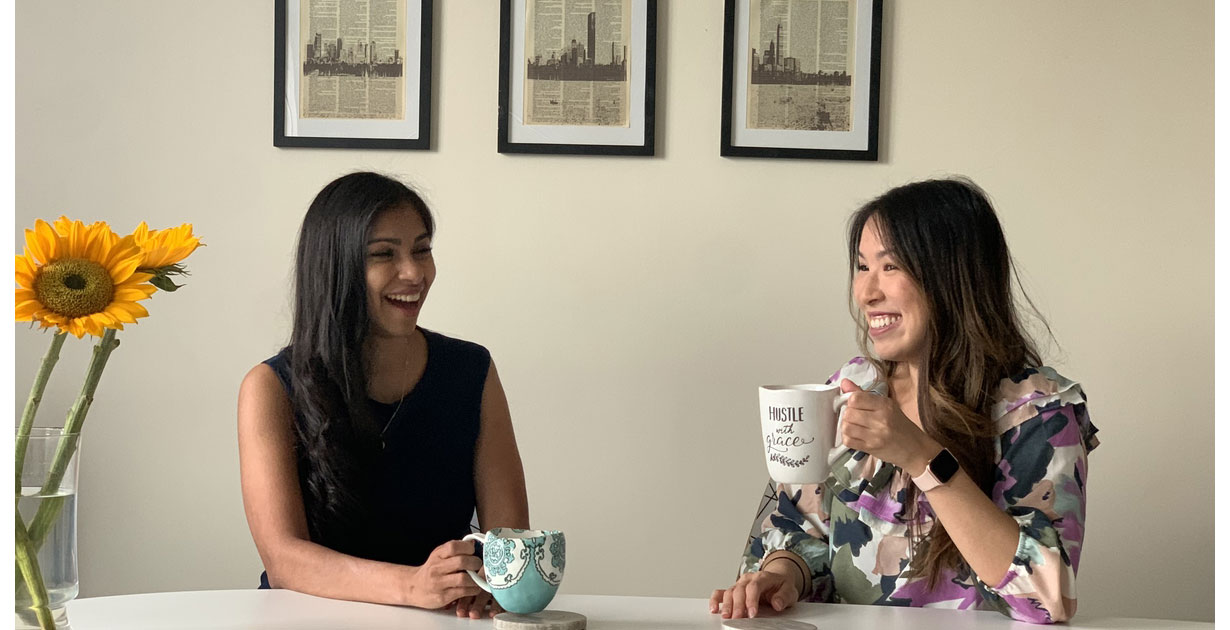
“I grew up in South Asia for half my life. People don’t really know how to access help because it’s something that people do associate with a stigma and they don’t talk about it.” - Asini Wijewardane MBA'19
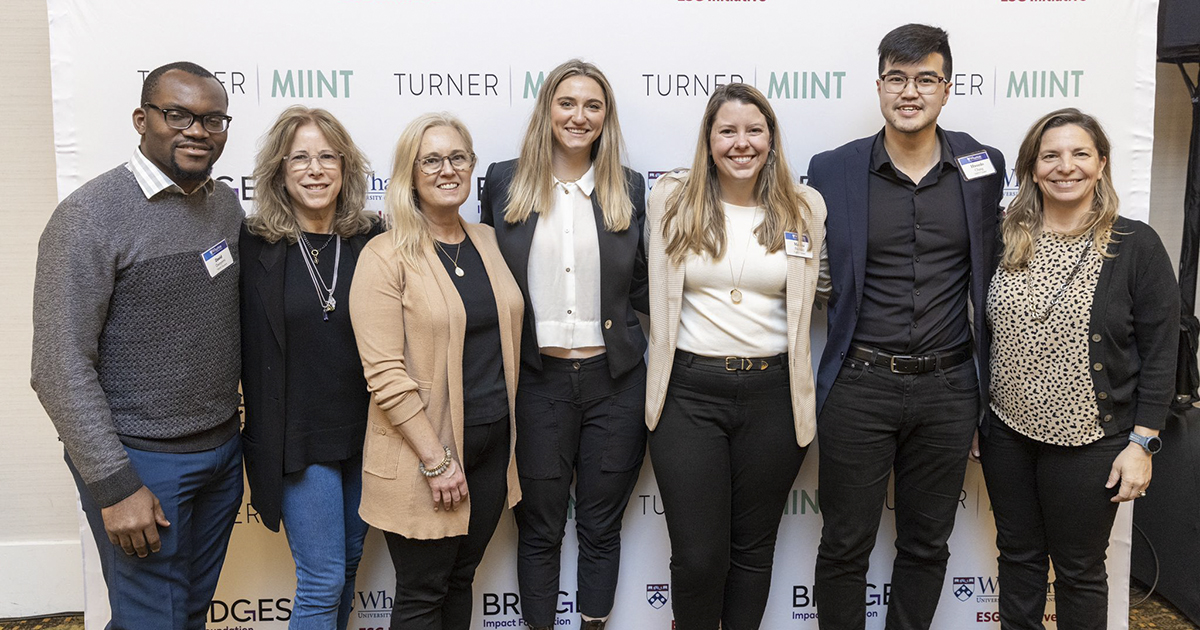
“When we had to develop our impact thesis, we had both decided independently that the food and agriculture space was the impacted area where we wanted to focus our investment.” - Martha Buckley MBA'23
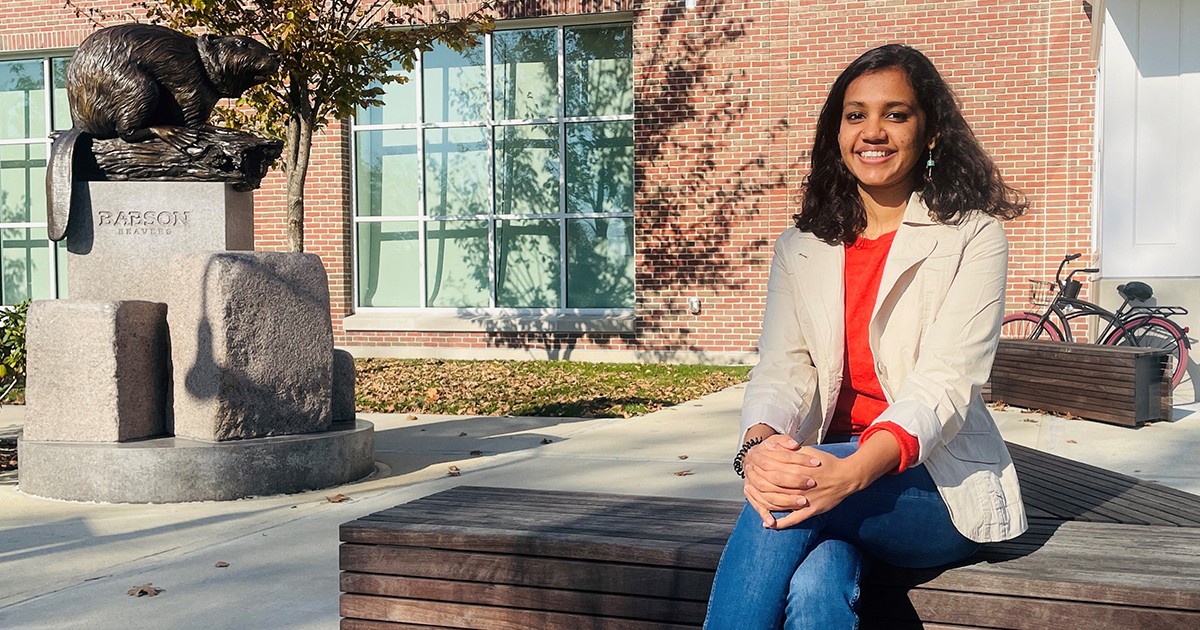
“Now what I want to do is find an intersection between education and sustainability from a service point of view. I really want to create a sustainable mindset so people start thinking about their consumption patterns.” - Arushi Jain MBA'22
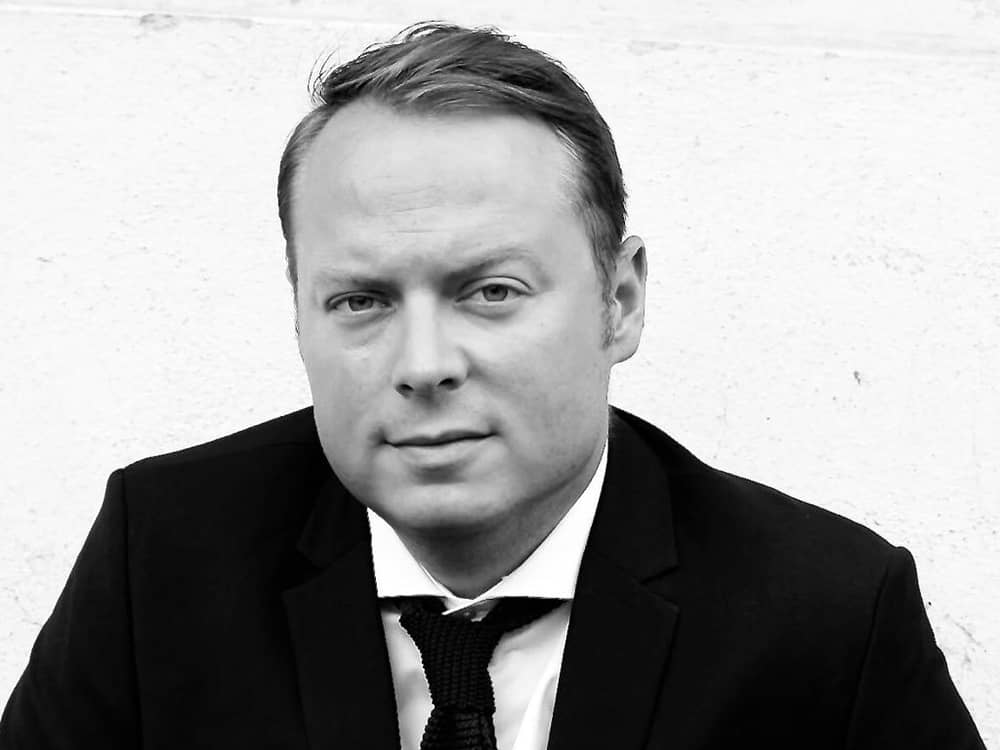
When a group of MBA students called the Usurpers approached Cheryl Kiser looking to improve social innovation education and opportunities at Babson, they all worked together with the Graduate School to co-create the Social Innovation Intensity Track.